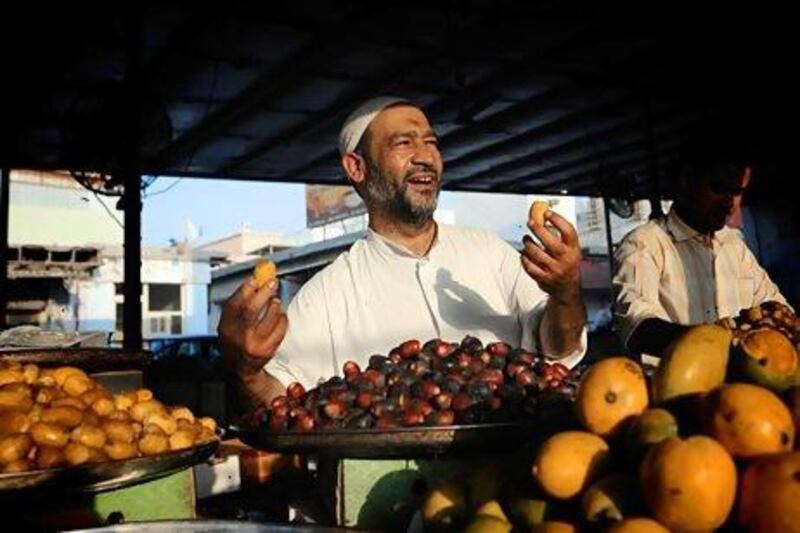Bahrain's economy is set to be one of the leaders in GCC growth this year, two years after taking a battering because of unrest.
Much of the momentum is likely to come from the oil sector as other parts of the economy remain in recovery mode.
"In general, the economy has bounced back," said Jarmo Kotilaine, the chief economist of Bahrain Development Board, the official body charged with overseeing economic development and luring foreign investment.
"Last year we saw a rebound from those sectors that had a hard time in 2011 and other sectors have remained positive throughout like, for example, health care."
The economy was forecast to rise by more than 5 per cent this year, its strongest showing in recent years and faster than most other parts of the GCC.
But much of the rise reflects an increase in oil output after a dip last year caused by technical disruptions to the Abu Sa'afa field and slower production onshore.
Oil production accounts for 22 per cent of Bahrain's GDP and nearly 90 per cent of government income, but falling reserves and output have heaped pressure on the push to diversify into new sectors. Secretarian unrest in 2011 knocked back Bahrain's efforts to establish itself as a regional centre for banking as well as a destination for tourism and business travel. The economy briefly contracted in the first quarter of 2011. "On the surface, things have stabilised in Bahrain," said Hasnain Malik of the independent research provider Frontier Alpha Research. "But this masks anaemic growth in the services sector, the one-off benefit of consolidation in the banking sector and, most importantly, unresolved political tensions."
Finance makes up 17 to 18 per cent of the economy. Manufacturing, which the government has focused on since the 1970s, accounts for 10 per cent.
Mr Kotilaine believes the extent of the affect the unrest had on Bahrain's financial sector aspirations may have been overplayed. He says the global financial crisis caused a bigger hit through the slide in asset prices under management.
"There were one or two entities that relocated their offices [as a result of the unrest] but the value proposition remains very attractive and, if anything, has become more attractive as real estate values are very competitive by regional standards," said Mr Kotilaine.
He also points to a resurgence in visitor numbers, both through the airport and across the King Fahd Causeway, linking Bahrain with Saudi Arabia.
"Hotels and restaurants took a big hit in 2011, especially in the first half of 2011 and subsequently they are now back to where they were in the pre-crisis era," said Mr Kotilaine. "The causeway traffic has been very robust and during the most recent Eid holiday it was the most popular area for tourists in the GCC."
Government infrastructure and investment spending are also supporting activity. Projects include a US$4.8 billion (Dh17.63bn) refinery upgrade by Bapco, a $2.2bn production line at Aluminium Bahrain and a $1.2bn expansion by Gulf Petrochemical Industries.
Still, much of the kingdom's success in the longer term rides upon how it resolves political disputes between the minority ruling Sunni government and the majority Shia population.
"If there is a resolution the competition for hub activities in the region is far from over," said Mr Malik. "The window is still open for Bahrain to establish a long-term political settlement and regain its competitive position in the region. But the longer it takes though, the tougher the challenge."
[ tarnold@thenational.ae ]





